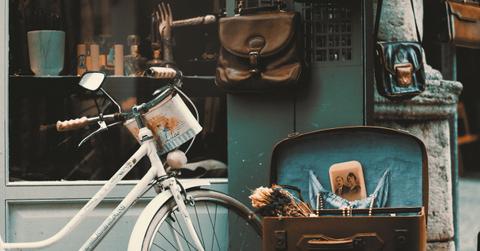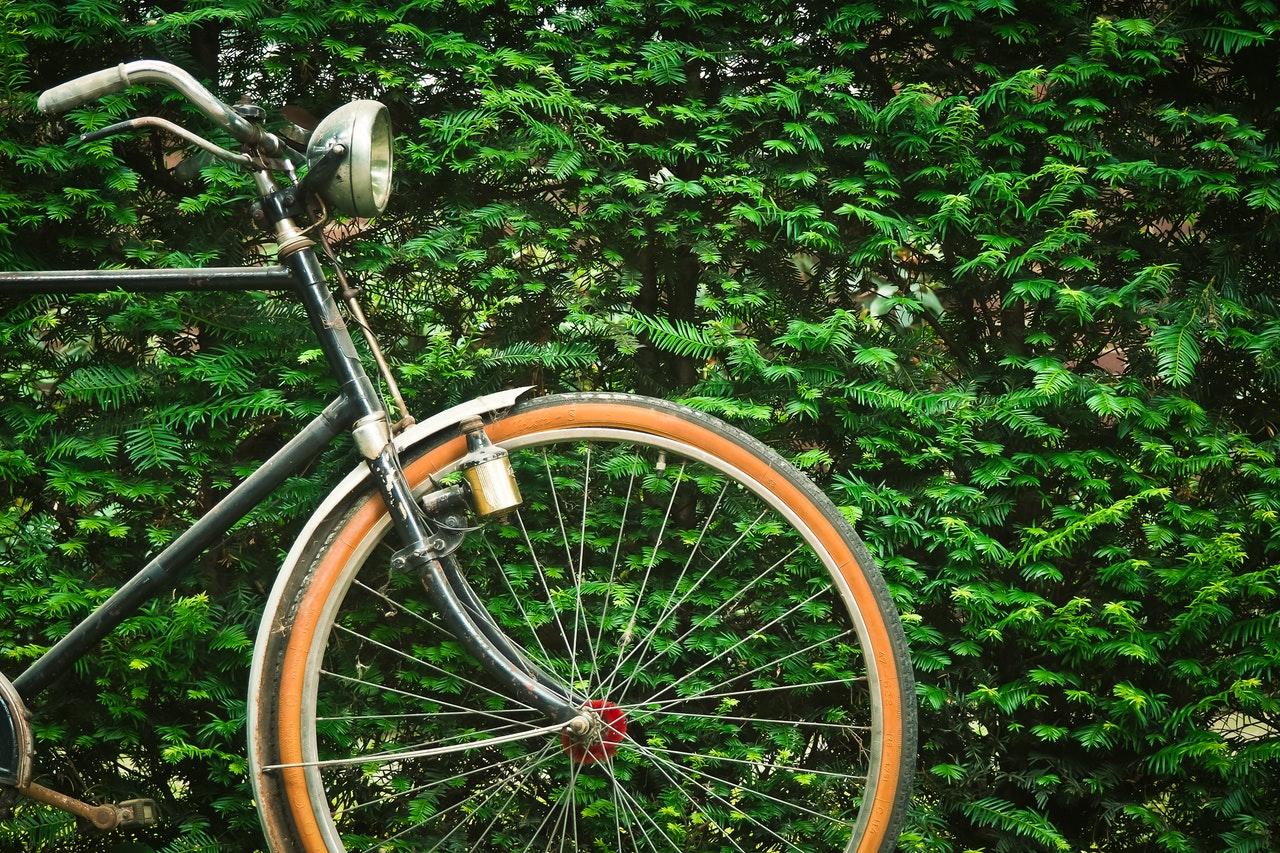Dutch Citizens May Soon Bike To Work On Recycled Toilet Paper
In a country known for its biking, researchers in the Netherlands may have discovered an innovative way to turn used toilet paper into a building material that can be used to produce bike lanes around local cities.
Updated May 26 2019, 8:31 p.m. ET
A waste water treatment plant in the Netherlands called Geestmerambacht has been testing a process for two years called Cellvation, which extracts the cellulose from used toilet paper, The Guardian reports. Usually, the fibrous cellulose is incinerated at the end of the process, but researchers have been using and industrial-sized sieve to separate it from the sludge. It's then sterilized in high temperatures and dried out.
The result is pellets or fluffy, papery material that can be sold as building material. The project workers at Geestmerambacht believe the process is something that could be grown and replicated, and may go a long way towards reducing toilet waste. They're proposing that the material could be used for producing plastic bottles or bike lanes around Dutch cities.
Cellvation was initiated by two companies, and was supported by a grant from the Netherlands. Carlijn Lahaye, managing director of one of those companies, CirTec, told the Guardian that the Dutch prefer extremely luxurious toilet paper compared to the rest of the toilet paper using nations. That means high quality cellulose to farm. Lahaye says that the small scale model is not yet efficient enough to be profitable, but she is convinced it could work at a bigger scale.
“You remove something that costs energy to pump around, lower the operational cost, there’s more space to treat water and you get money for something that would be burnt as waste,” she explained.
Trying to find ways to make money of sewage is a common refrain amongst waste management professionals. The Dutch flush about 180,00 tons of paper every year.
“[Sewage] isn’t only waste: it is a carrier of valuable resources: phosphates, cellulose, energy and clean water,” said Noor Ney, head of sanitation with the Hollands Noorderkwartier (water board), to the Guardian. “We act as a facilitator, allowing [a] company to see how far it gets on one of our plants. If it is able to extract a product that has value, then our process to clean water becomes cheaper.”
Naysayers suggest that the issue that really needs to be resolved is the use of toilet paper in the first place. Sarah Bell, senior lecturer in environmental engineering at UCL, thinks people really need to be investing in bidets and other cleaning devices that save paper products. Some suggestions were machine washing reusable clothes. But, as Bell points out, people strongly associate toilet paper with hygiene in most western countries. However, separating cellulose from sludge may not be worth the effort from an environmental stand point, in her opinion.
“Recovering the cellulose from the sludge," she said, "Could reduce the energy content of the sludge, which would undermine its value as a bioenergy source.”
But it's a worthwhile experiment in a world that still has not figured out how to reduce people's need to use the toilet.

